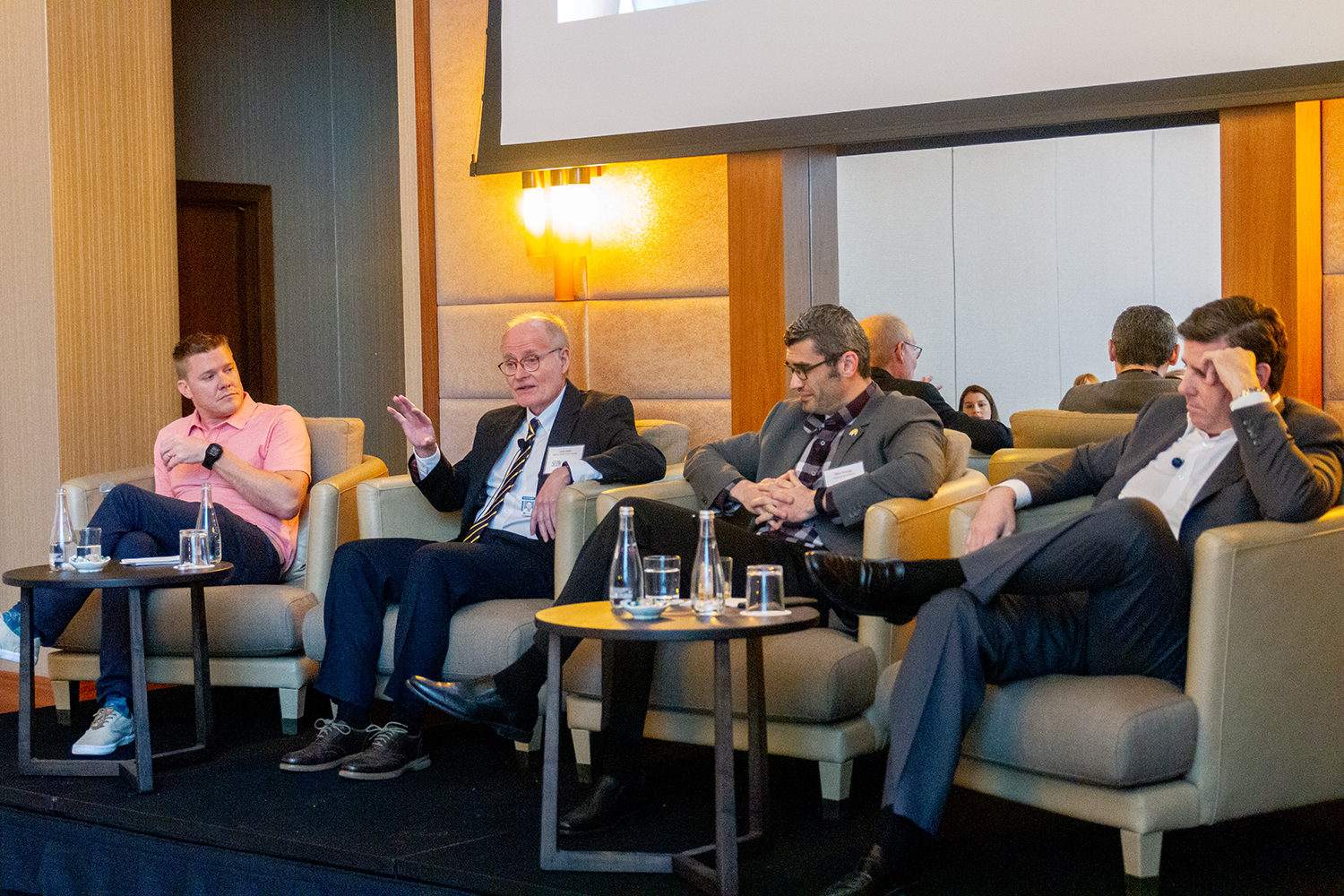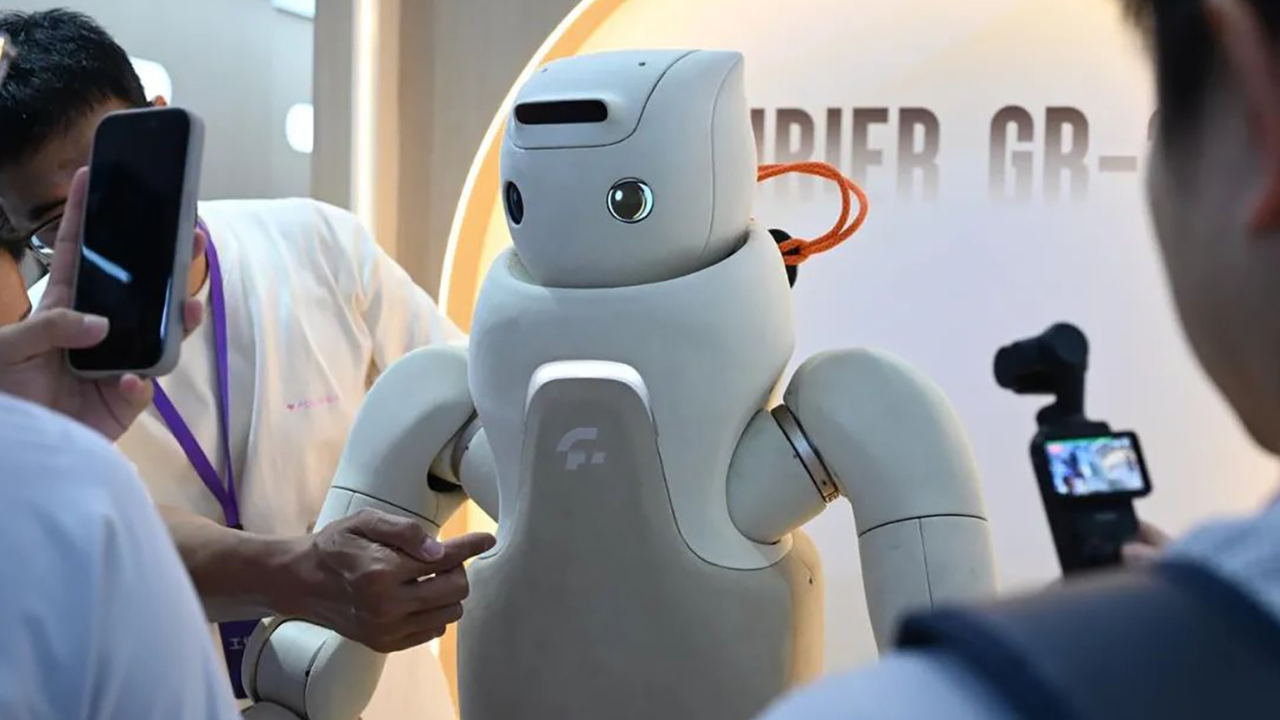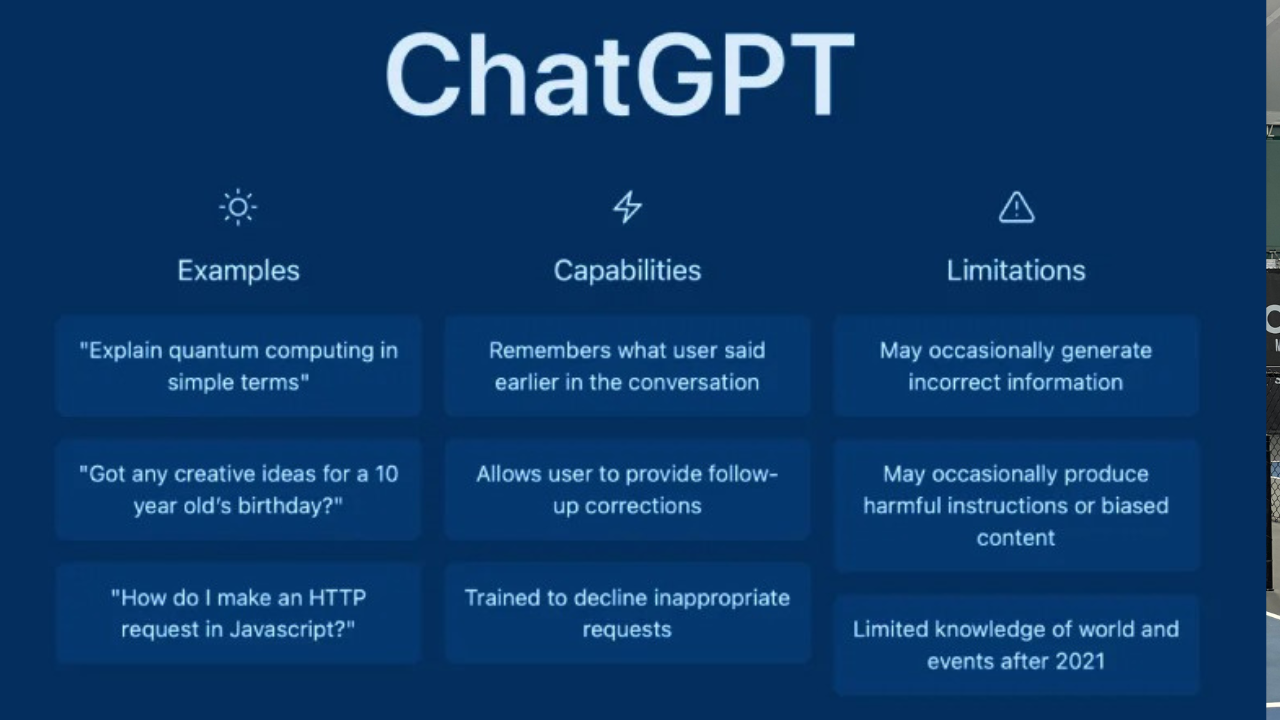[vc_row css_animation=”” row_type=”row” use_row_as_full_screen_section=”no” type=”full_width” angled_section=”no” text_align=”left” background_image_as_pattern=”without_pattern”][vc_column width=”2/3″][vc_column_text]
Artificial intelligence has come from the realm of the future into our daily lives. Siri and Alexa respond to our commands. YouTube and Netflix come up with recommendations on what we might want to watch. Chat bots pop up when we visit websites.
The world is being transformed by AI’s ability to analyze mountains of data, including the human voice, detect patterns and come up with insights and appropriate responses.
“Industries that rely on rote tasks will probably have the highest and fastest levels of disruption,” says Levatas founder Chris Nielsen, who moderated a panel discussion on “How to Operationalize AI into Your Business in 2019.”
Levatas, an AI solutions company headquartered in Palm Beach County, was the presenting sponsor for the SFBW event at the Conrad Fort Lauderdale.
The panelists
• Louis Gidel, a pulmonary critical care doctor with a PhD in physics who serves as chief medical informatics and quality officer at Baptist Health South Florida. Informatics includes electronic medical records and predictive analytics. For example, Baptist’s elCIU program links equipment in a patient’s room to computer software that can detect changes in a patient’s condition and call it to the attention of critical care doctors. These intensivists can communicate remotely with bedside practitioners and use high resolution video to see patients.
• Mihai Fonoage is the vice president of engineering at Modernizing Medicine. He was the first hire of a company that now has 800 employees. Doctors can use smart tablets to employ Modernizing Medicine’s apps for dermatology, gastroenterology, ophthalmology, orthopedics, otolaryngology, pain management, plastic surgery and urology.
• Joe Kane, the New York-based executive director of global technology strategy, innovation and partnerships at JPMorgan Chase & Co. Kane’s team of about nine has a global view of technology at the banking giant, looking to eliminate redundancies and introduce new technology.
The following transcript has been edited for brevity and clarity.
How is AI real inside your business?
Gidel: Our leaders at Baptist Health feel strongly that in order to be successful in the health care business, that we really have to get into artificial intelligence. Their opinion is that it’s the health care systems that are able to predict the best health care outcomes who are going to be the most successful. We have a large IT group, about 700 people. We have a data warehouse that began organically in 1996 and a lot of organizational structure. There’s an IT governance committee and data governance committee, and a lot of use of business intelligence tools.
They realized that we really needed to get into the predictive business. So, they asked the informatics and analytics team to do that. We’ve been working on that for a year.
We’re very fortunate that we have, in house, the talent really to build the group from top to bottom. We had the IT architects that were available to us. We have data scientists who had experienced with machine learning. We had a lot of data scientists who have good data-wrangling skills. We really had to put it all together, and that’s what we’ve done. We focus on the things that are consistent with where the health system is going. So, we’re taking on projects that provide clinical operational improvement or financial improvements.
One of the first projects that we’ve worked on is wanting to improve our self-funded employer health insurance plan. We’re working on ways, for example, to use machine learning to predict who exactly among our employees are going to be the ones that get the sickest next year. We’re developing machine learning tools to stratify them into low risk, medium risk and higher. The higher are the ones that we want to sort of smother with health care, so we can mitigate the risks.
Fonoage: We’ve incorporated AI almost from day one. And we did that as we built our first app, which was an electronic medical assistant, and built it in such a way that it really adapts to the user. It learns what diagnoses are being used the most, learns how doctors like to treat patients based on their history and learns what medications are being prescribed. It really changes and adapts based on the workflows. The main idea from day one was to save doctors’ time—for physicians and medical staff to not spend time with software, but to spend time with patients.
Kane: When we look at machine learning, AI and computational intelligence, people describe it in different ways. We look at it in four ways. There’s customer experience. There’s risk mitigation. There are operational efficiencies. There are opportunities to deliver new products and services and drive revenue.
The area that most of our activity is centered around is customer and client experience. There’s personalization on our digital apps and chase.com. We want to drive that personalization experience. If we improve automation behind the scenes, it’s a better experience for our clients and our customers.
AI will have a major impact across the entire enterprise, but at this point organizations are needing to prioritize them to focus on where it can have the highest return and the shortest window.
But how does your organization prioritize where to attack using technology?
Kane: User cases come up and we decide based on how it impacts the customer and returns on investments. There are so many different ideas and opportunities to apply this. A lot of our energy is going into kind of preparing what will be happening in three to five years.
When AI hits the mainstream, you have to have the infrastructure to keep up. Google and Amazon will not have a single service that they deliver without AI in it. This is what it’s going to be for all of us in the future.
Gidel: We’ve only had a dedicated group for a year, and I think our system, probably not unlike all the health care space and like a lot of other industries, has leaders that maybe don’t quite understand the power of these systems and don’t really have appreciation for what they’re doing. It’s hard for them. Sometimes, I think we come up with the questions to ask. We try to focus on our goals for the system. We also have centers of excellence in orthopedics, cardiovascular care and cancer. We’re trying to focus and meet with the leaders there to help them to devise these things. We stay close to the things that the team feels will have results and that are useful. We’re learning what these systems can do. As we learn more, they will have better questions for us to address.
Talk about some of the roles that you look for
Fonoage: When it comes to AI in order to really organize your data, you need a data engineer. To make sense of the data and solve problems, you need a data scientist. Then as your look at how you serve the end user, you need a software engineer.
If you look on the business side, how do you know what customers want? How do you know where we bring value? That’s where marketing can actually help you bridge the gap between business and technology. That’s what you need a business analyst for. And then, lastly, but certainly not least, is the user experience. Identify what the pain points are that you’re trying to solve. What are the needs of your customers? Go into the research, go to the customers and find those needs, and then come back and translate those needs for the data team.
Do you have centralized AI at the corporate level or embedded in business units?
Kane: We do have central leadership, but federated groups of folks in each lines of business. They are all part of one council. It’s not the data scientists who unlock all the ideas. It is the business. It’s a team sport. The global CIO sits on chairman and CEO Jamie Dimon’s operating committee. Co-president and co-COO Daniel Pinto could tell you about strategies for tech at every layer. That type of buy-in is what companies need: Setting expectations is not pixie dust. There will be failures.
Fonoage: Some companies have skunkworks [teams] that play with AI. At some point you need a center of excellence. You really need to understand what AI is and what it can bring to the table. It has to be driven by business needs—business-driven use cases. You have to have a strong business model as a company. The business model ties the potential of technology to the needs of the market. How can I reimagine the value I bring in the current market given the technologies I have? You need to have a data team under a CIO. If you are big enough, you have that.
Gidel: If I want to have a guaranteed failure for my group, all I have to do is pick a project that has no business value.
Kane: Pick the right business model—start small, but think big. You don’t want to fail with a big project. Start with a small project. Prove it out and then scale it big.
Gidel: We focus a lot on the general topic of decision support. Now, there are clinical pathways doctors follow. There are lots of tools on decision support. We kind of view AI as one more component of the bigger goal of decision support.
What are some of the technologies in AI that are exciting you the most?
Fonoage: I think a lot of what we do is being expanded by applying machine learning techniques to make sense of data. We want physicians to spend time with the patient, but there is still that documentation that needs to be in the charts. What if you have a system that listens to conversations, understands it and can document that without the doctor having to do anything about it? We are three to five years away from that.
With image processing, we are starting to look at how we can classify tumors—are they malignant, or are they benign? Has the size or color changed based on the past 20 pictures? They have to go picture by picture. The beauty of AI is it can do it in a short amount of time. It can say, “Hey, Doc, I am seeing the lesion change and color change.” The doctor looks at that and says, “Maybe I should do a biopsy.”
Nielsen: That’s what we call “human in the loop.” We’re not building sentient machines. AI’s purpose is to make humans smarter. We not here to decimate the job force. We’re here to make decision support.
Fonoage: We don’t call it AI. We call it intelligence applications. ♦
[/vc_column_text][/vc_column][vc_column width=”1/3″][vc_gallery interval=”10″ images=”31317,31322,31321,31320,31318,31316″ img_size=”full” show_image_description=”yes”][/vc_column][/vc_row]














